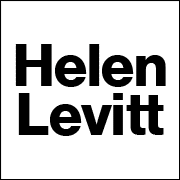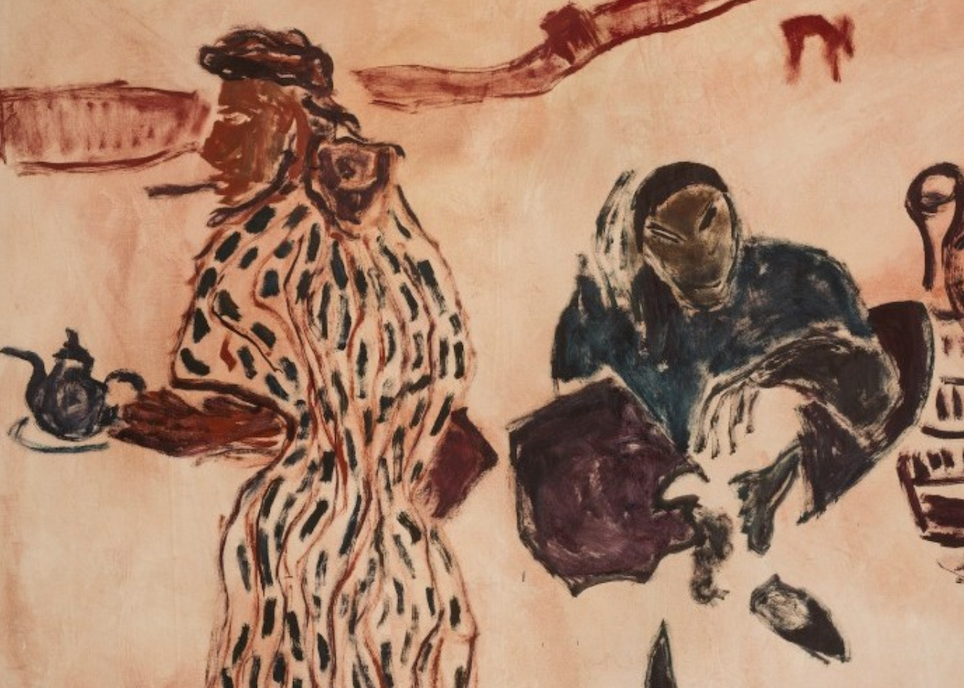Opinion
Regroup

Community, common good, common goods ... This semantic constellation has gained a growing presence over the last decade to provide answers to the four decades of global hegemony of neoliberalism. But what for years has been a progressive critique of recent orientation has been revealed as a battlefield: new authoritarianisms are also considered communitarian of us who are not at odds with racism, xenophobia, masculinity and, in general, the claim of privilege as the principle for regrouping.
Mistakes arise when we characterize neoliberalism insufficiently. It is true that it has deepened the destructuring of our societies by fostering individualistic rivalry, which has also translated into a fierce dynamic of global competitiveness. That is why all communitarisms seem to go hand in hand when it comes to retaining the social bond, prioritizing the care of "ours". But neoliberalism has been more complex: a type of governance in which the subjects who cooperate to reproduce society are at the same time incited to contend in the chains where the result of their cooperation is valued. That is why authoritarian communitarianisms claim to be anti-neoliberal when they claim the reconstruction of a us in the face of social atomization, but at the same time reinforce neoliberal verticality in the distribution of wealth, redirecting social tensions against subjects - migrants, women. ..– who are often the great victims of the dispossession that originates the enrichment. Any reconstruction of a political community that seeks to radicalize democracy by avoiding an authoritarian way out of the crisis must rebuild the bonds of care, but also shed light on the true origins of social tensions in the crisis: the legacies of coloniality, the exclusionary patriarchal identifications or the violence of modernization on the planet, distributing in a mutualistic way and between different both the wealth and the recognition that our societies produce.
The field of art, with its activity permanently split between individuation and socialization, is at the epicenter of these tensions. Shaken between its prominence during neoliberal globalization and the painful recognition of its structural weaknesses in the crisis, it is forced to reconsider what role to play in rebuilding a political community that has its roots in history, but reconstituted forward without traditionalisms for a porous us on its borders with otherness and including when it comes to recognizing the differences it harbors within it.
Pictured Berta Cáceres, environmentalist, feminist and Lenca indigenous leader, assassinated in La Esperanza (Honduras) on March 2, 2016. Photo: Goldman Environmental Prize








